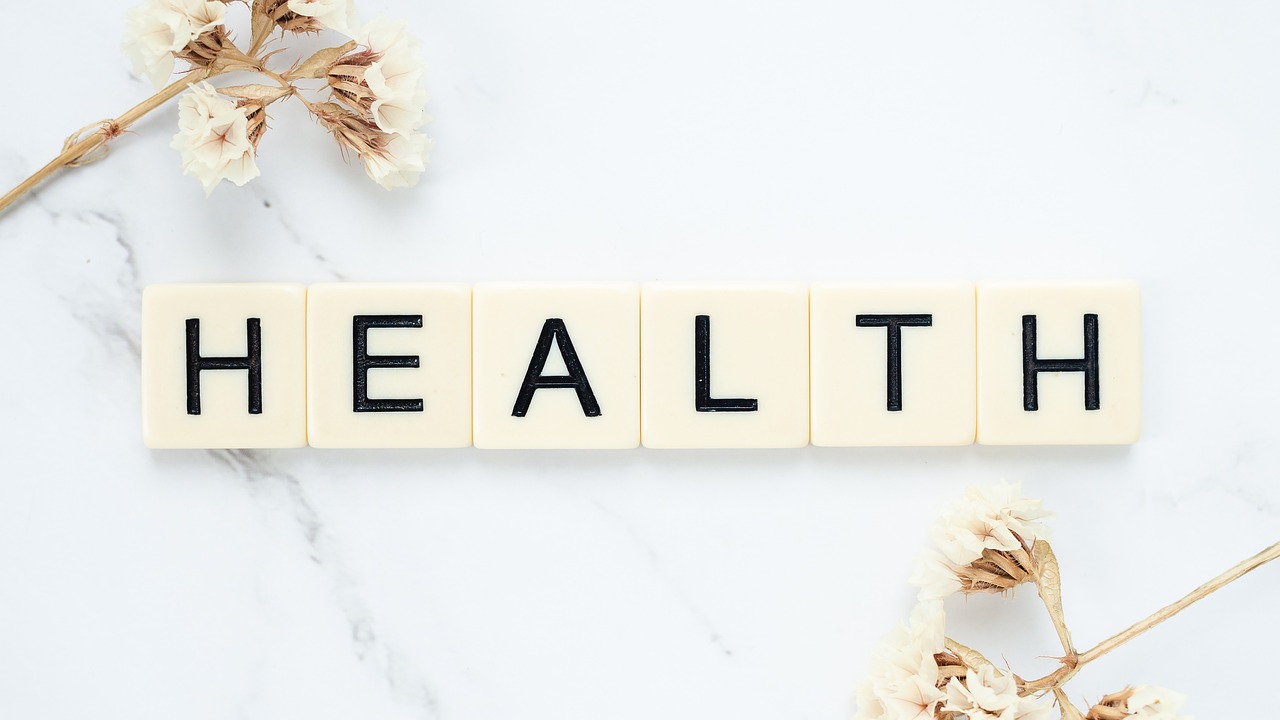How Much Does Couples Rehab Cost
Cost Of Couples Rehab
When navigating the road to recovery, having a supportive partner by your side can make all the difference. Couples rehab provides a unique opportunity for partners to undergo treatment together, fostering mutual support and understanding during the healing process. However, the cost of couples rehab can be a significant concern for many. Couples Rehabs will explore the various factors that influence the cost of couples rehab, providing a comprehensive guide to help you understand what to expect and how to find the best program for your needs.
What is Couples Rehab?
Couples rehab, also known as couples therapy or joint rehabilitation, is a type of addiction treatment designed specifically for couples who are struggling with substance abuse or behavioral issues. This approach allows partners to enter a treatment program together, addressing their individual and shared challenges simultaneously. The goal of couples rehab is to improve communication, rebuild trust, and develop healthy coping mechanisms that can be sustained long after the treatment program ends.
Does Couples Rehab Work?
The effectiveness of couples rehab can vary depending on several factors, including the severity of the addiction, the quality of the treatment program, and the commitment of both partners. Research has shown that couples who participate in joint rehab programs often experience better outcomes compared to those who undergo treatment separately. The support and accountability provided by a partner can enhance motivation and reduce the risk of relapse. Additionally, addressing relationship issues alongside addiction can lead to more comprehensive and lasting recovery.
What are the Benefits of Couples Rehab?
Couples rehab offers several unique benefits, including:
- Mutual Support: Going through rehab with a partner can provide emotional and practical support, making the recovery process less isolating.
- Improved Communication: Therapy sessions often focus on improving communication skills, helping couples to express their needs and feelings more effectively.
- Rebuilding Trust: Addiction can severely damage trust within a relationship. Couples rehab provides a structured environment for rebuilding trust and repairing the relationship.
- Shared Goals: Working towards a common goal can strengthen the bond between partners and foster a sense of teamwork and collaboration.
- Comprehensive Treatment: Couples rehab addresses both individual and relationship issues, providing a more holistic approach to recovery.
Who is Couples Rehab For?
Couples rehab is suitable for any couple where both partners are struggling with addiction or behavioral issues. It can be particularly beneficial for couples who:
- Have a history of codependent behavior.
- Experience frequent conflicts related to substance use.
- Wish to support each other in the recovery process.
- Are committed to improving their relationship while overcoming addiction.
How to Find a Good Couples Rehab Program
Finding the right couples rehab program can be a crucial step towards successful recovery. Here are some tips to help you choose the best program for your needs:
- Research Different Programs: Start by researching various couples rehab programs. Look for those that specialize in treating couples and have a track record of success.
- Check Accreditation and Licensing: Ensure that the rehab facility is accredited and licensed by relevant authorities. This guarantees that the program meets high standards of care and professionalism.
- Evaluate Treatment Approaches: Different programs may use different treatment approaches, such as cognitive-behavioral therapy (CBT), dialectical behavior therapy (DBT), or holistic therapies. Choose a program that aligns with your preferences and needs.
- Consider Location: The location of the rehab facility can be important. Some couples prefer a facility close to home, while others may benefit from a more secluded setting.
- Look for Comprehensive Services: A good couples rehab program should offer a range of services, including individual therapy, couples counseling, group therapy, and aftercare support.
- Read Reviews and Testimonials: Look for reviews and testimonials from former clients. This can provide insights into the quality of care and the experiences of others who have undergone the program.
- Consult with a Professional: If you’re unsure which program to choose, consider consulting with a professional, such as a therapist or addiction specialist, who can provide guidance and recommendations.
What to Expect During Couples Rehab
Understanding what to expect during couples rehab can help alleviate some of the anxiety associated with entering a treatment program. Here are some key aspects of what you can anticipate:
- Initial Assessment: Upon entering the program, you and your partner will undergo a comprehensive assessment to evaluate your individual and relationship needs. This assessment will help the treatment team develop a personalized plan for your recovery.
- Detoxification: If necessary, you may go through a detoxification process to safely manage withdrawal symptoms and cleanse your body of substances.
- Individual Therapy: Both partners will participate in individual therapy sessions to address personal issues and develop coping strategies for managing addiction.
- Couples Counseling: Couples therapy sessions will focus on improving communication, resolving conflicts, and rebuilding trust within the relationship. These sessions are essential for addressing the dynamics that may have contributed to substance abuse.
- Group Therapy: Group therapy provides a supportive environment where you can share experiences and learn from others who are going through similar challenges. It can also help build a sense of community and reduce feelings of isolation.
- Educational Workshops: Many rehab programs offer educational workshops on topics such as addiction, relapse prevention, and healthy lifestyle choices. These workshops can provide valuable knowledge and skills to support your recovery journey.
- Recreational Activities: Engaging in recreational activities, such as exercise, art therapy, or mindfulness practices, can help reduce stress and promote overall well-being.
- Aftercare Planning: Before completing the program, you and your partner will work with the treatment team to develop an aftercare plan. This plan may include ongoing therapy, support group meetings, and strategies for maintaining sobriety and a healthy relationship.
What are the Alternatives to Couples Rehab?
While couples rehab can be an effective solution for many, it may not be the best fit for everyone. Here are some alternative options to consider:
- Individual Rehab Programs: If one partner is not ready or willing to enter rehab, individual treatment programs can still provide significant benefits. Each partner can focus on their own recovery while working towards a healthier relationship.
- Outpatient Treatment: For couples who cannot commit to a residential program, outpatient treatment offers a flexible alternative. This option allows participants to attend therapy sessions and support groups while continuing to live at home and maintain their daily responsibilities.
- Therapy and Counseling: Couples who are not struggling with addiction but are facing relationship challenges may benefit from regular therapy or counseling sessions. This approach can help address communication issues, rebuild trust, and strengthen the relationship.
- Support Groups: Joining support groups, such as Alcoholics Anonymous (AA) or Narcotics Anonymous (NA), can provide valuable peer support and accountability. Couples can attend meetings together or separately, depending on their needs.
- Self-Help Resources: There are numerous books, online resources, and workshops available that focus on addiction recovery and relationship improvement. These resources can be a helpful supplement to other treatment options.
Is Couples Rehab Right for You?
Couples rehab can be a transformative experience, offering the support and structure needed for both partners to overcome addiction and rebuild their relationship. While the cost of couples rehab can vary widely, understanding the factors that influence pricing and exploring different treatment options can help you find a program that fits your needs and budget. Whether you choose a residential rehab program, outpatient treatment, or alternative therapy options, the most important step is committing to the journey of recovery together.






Recent Comments